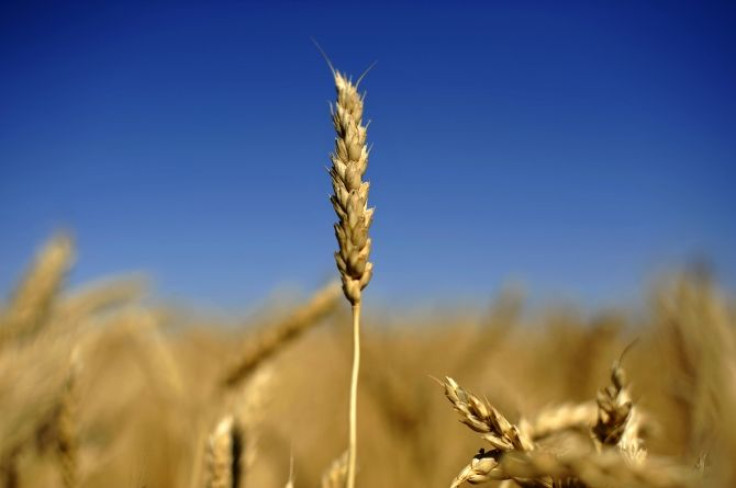Fiber Helps Good Gut Bacteria Grow

A new study says that dietary fiber supports good gut bacteria growth that in turn keep us healthy and reduces our susceptibility towards many diseases like type 2 diabetes.
According to the study, eating a certain type of fiber can cause a shift in the gut microbial population which keeps the gastrointestinal tract healthy. Researchers found that when people ate soluble fiber like corn fiber, the population of lactobacillus (the bacteria commonly found in yogurt) rose in the gut.
Increasing intake of dietary fiber has been shown to lower blood pressure and reduce cholesterol levels. Experts believe that people can reduce weight by increasing the amount of fiber in their diets.
For the study, researchers recruited 20 men with an average fiber intake of 14 grams a day. They were then given food bars as supplements to their diet. All participants were randomly assigned into 3 groups. One group received snack bars with no fiber (control group), the second group received snack bars with 21 grams of fiber food additive polydextrose and the third group had snack bars that had 21 grams of soluble corn fiber.
Fecal samples were collected from all participants on days 16 and 21 of the study. The researchers then analyzed the types of bacteria present in each sample using a technique called 454 pyrosequencing.
They found that eating soluble fiber increased growth of Lactobacillus and eating two types of fibers increased Faecalibacterium population in the gut.
"When we understand what kinds of fiber best nurture these health-promoting bacteria, we should be able to modify imbalances to support and improve gastrointestinal health," Kelly Swanson, a U of I professor of animal sciences said.
Importance of Fiber
Experts recommend a dietary fiber intake of 14 grams (0.4 oz) per 1000 kcal for adults or 25 grams (0.8 oz) for adult women and 38 grams (1.3 oz) for adult men.
"Unfortunately, people eat only about half of the 30 to 35 grams of daily fiber that is recommended. To achieve these health benefits, consumers should read nutrition labels and choose foods that have high fiber content," said Swanson.
The researchers say that this study can help in making prebiotics and probiotics more effective.
"For example, one type of bacteria that thrived as a result of the types of fiber fed in this study is inherently anti-inflammatory, and their growth could be stimulated by using prebiotics, foods that promote the bacteria's growth, or probiotics, foods that contain the live microorganism," said Swanson.
According to the researchers, when these microbes grow in the gut, they produce various by-products that are beneficial to the host.
The study was published in The Journal of Nutrition.



























